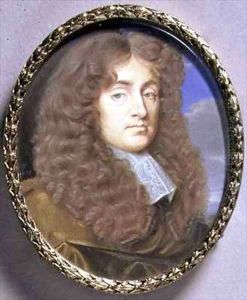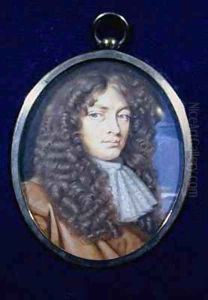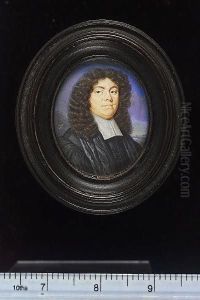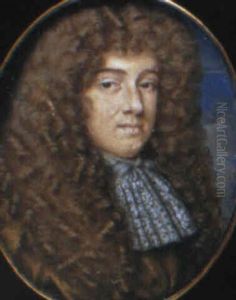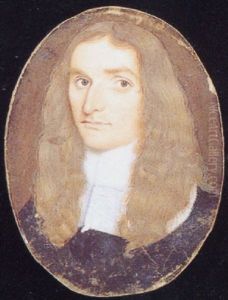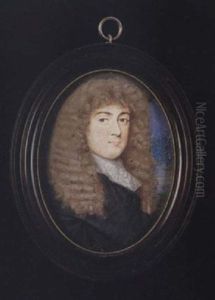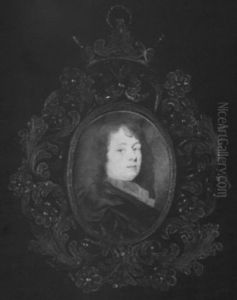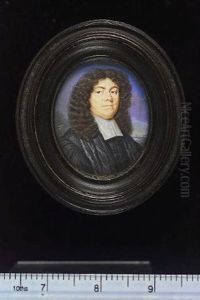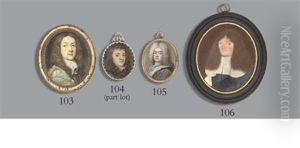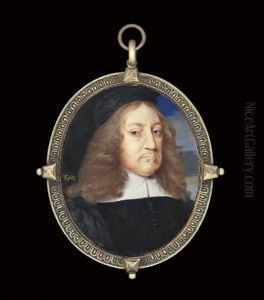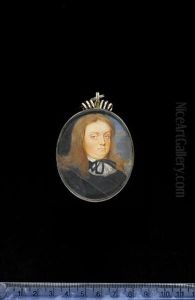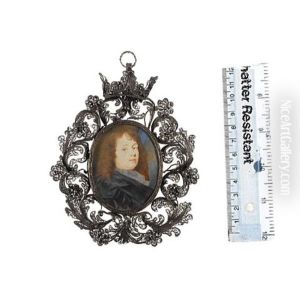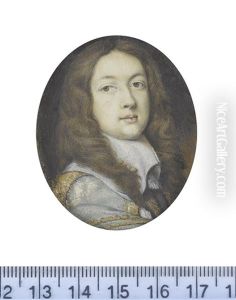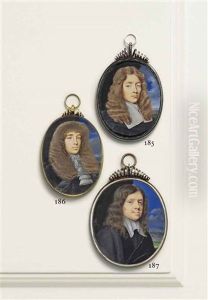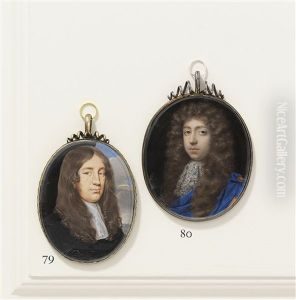Thomas Flatman Paintings
Thomas Flatman was an English poet, miniature painter, and lawyer known for his contributions to both literature and art during the 17th century. He was born in Aldersgate, London, in 1635, into a family with a legal background. His father, also named Thomas Flatman, was a clerk in the King's Bench. Flatman attended Winchester College and later went on to study at New College, Oxford, where he received a bachelor's degree in 1654. He pursued legal studies at the Inner Temple and was called to the bar in 1662, though his true passion lay in the arts.
Flatman's poetry often reflected the themes of the time, such as the complexity of life and the inevitability of death, influenced by his Puritan upbringing. His most famous work is a poem titled 'An Appeal to Cats in the Business of Love,' which displays his wit and mastery of lyrical style. Despite his success as a poet, Flatman did not publish a collected edition of his poems during his lifetime. His poetry was published posthumously, which suggests that he may have valued his painting career over his literary pursuits.
As a painter, Thomas Flatman specialized in portrait miniatures, a popular art form during the 17th century that catered to the tastes of the English gentry and aristocracy. He was particularly noted for his sensitive depiction of his subjects and his skilled use of watercolors on vellum. Flatman's miniatures are characterized by their fine detail and subtle coloration, which have been compared favorably with the works of his contemporaries, such as Samuel Cooper.
Although not as widely remembered as some of his peers, Flatman's dual talents in poetry and painting made him a unique figure in the Restoration period. His works in both mediums provide valuable insights into the culture and society of his time. Thomas Flatman passed away on December 8, 1688, leaving behind a legacy as a skilled miniaturist and a poet of the baroque era.
